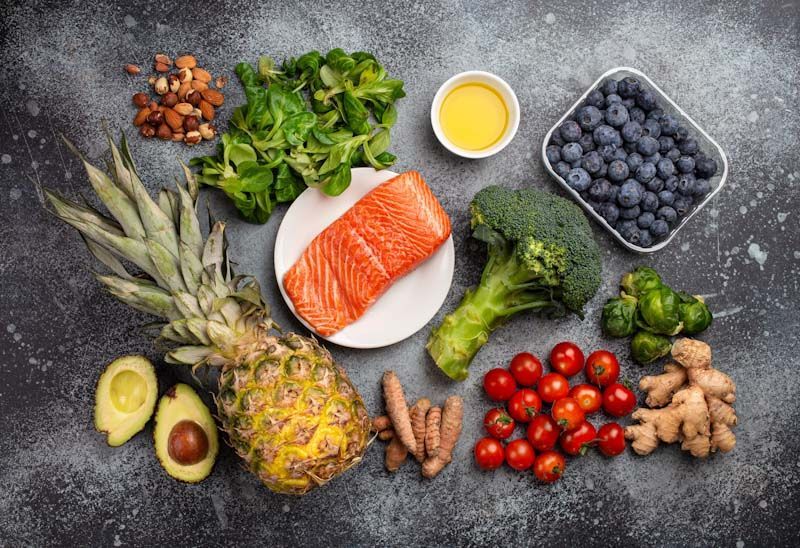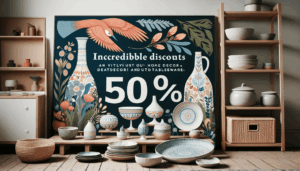The Christmas holidays are a time of celebration and enjoyment, but they can also become a health trap due to the overeating that many people face. Chronic inflammation, related to issues such as fatigue, joint pain, and chronic diseases, can intensify during this festive period. Julián Álvarez, a member of Herbalife’s Nutrition Advisory Council, proposes incorporating an anti-inflammatory diet during the celebrations, allowing you to enjoy the holiday feasts without compromising your health.
Inflammation is a natural mechanism of the body to defend itself against illnesses, but its uncontrolled presence can be harmful and contribute to various diseases. “Inflammation should be a regulated response. When this does not occur, it can seriously and negatively affect health,” explains Álvarez. Therefore, having a diet that helps reduce inflammation becomes crucial.
The anti-inflammatory diet is based on consuming foods rich in antioxidants, healthy fats, and fiber. Incorporating these elements into Christmas meals will not only benefit the immune system but also alleviate common unpleasant symptoms after the holidays, such as bloating and digestive heaviness. It is essential to identify and avoid foods that may cause inflammation, thus promoting a dietary approach that favors overall well-being.
Key foods in this diet include omega-3 fatty acids, antioxidants, and phytochemical compounds found in plants like turmeric, saffron, and aloe vera. Additionally, the importance of probiotics and prebiotics to maintain intestinal balance is emphasized, which is essential for modulating inflammation.
To enjoy the Christmas table without overindulging, Álvarez suggests adapting some traditional recipes. For appetizers, you can opt for raw vegetable crudités accompanied by hummus. Instead of red and processed meats, it is recommended to consume fatty fish like salmon, as well as lean meats like turkey. Colorful salads with spinach, avocado, and nuts are ideal, as well as roasted or steamed vegetable side dishes.
Using spices like turmeric, ginger, or cinnamon not only adds flavor to dishes but also contributes with their anti-inflammatory properties. It is essential to choose cooking methods that preserve nutrients, such as steaming or baking. For desserts, natural sweeteners like dates or honey are suggested, and maintaining good hydration is essential, choosing water or herbal teas instead of sugary drinks.
Finally, it is important to moderate portions and respect biological rhythms, enjoying each dish without overindulging. Álvarez concludes that while it is crucial to incorporate these nutrients into a daily diet, it may be useful to resort to supplements at times to complement nutrition, ensuring proper regulation of inflammation in the body.
via: MiMub in Spanish









